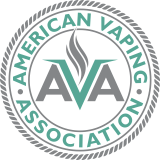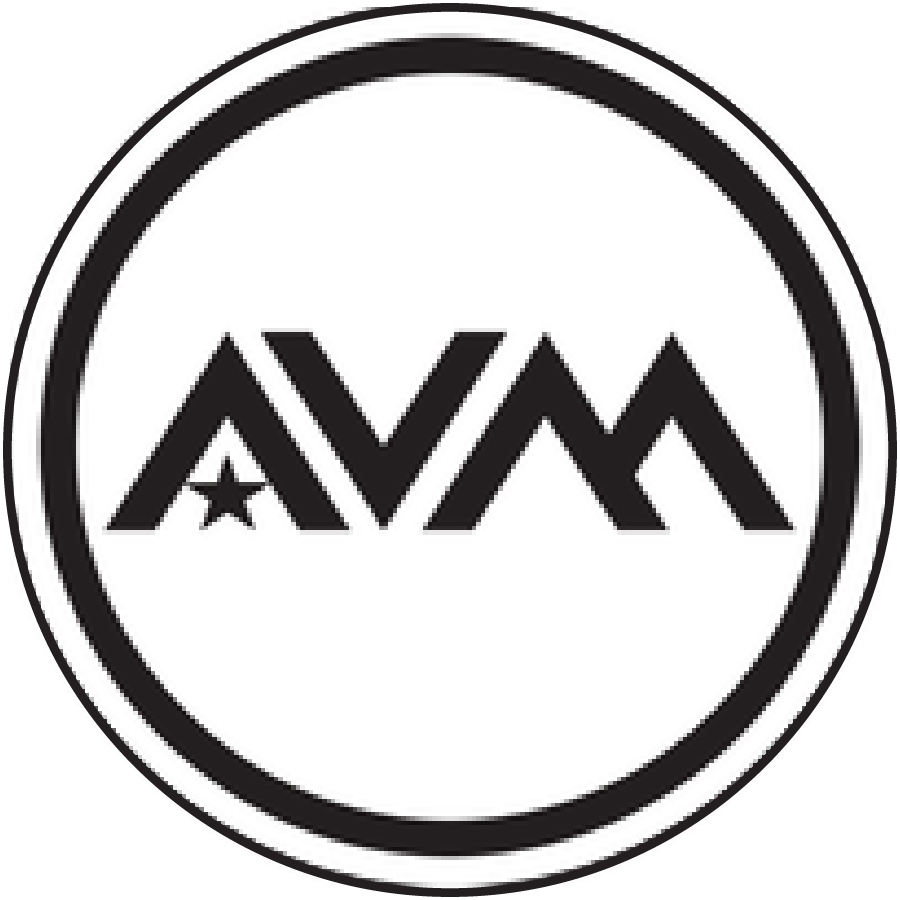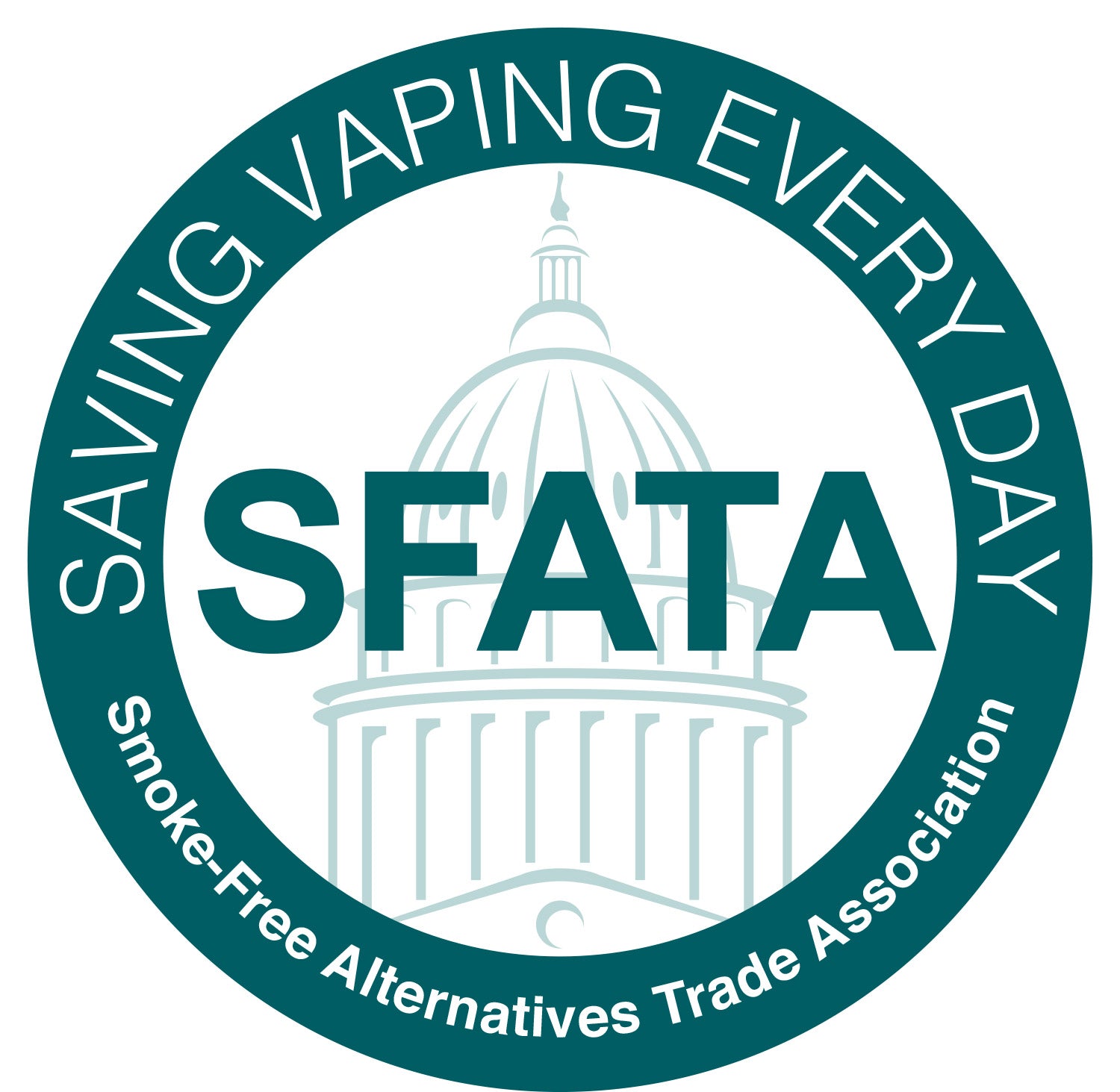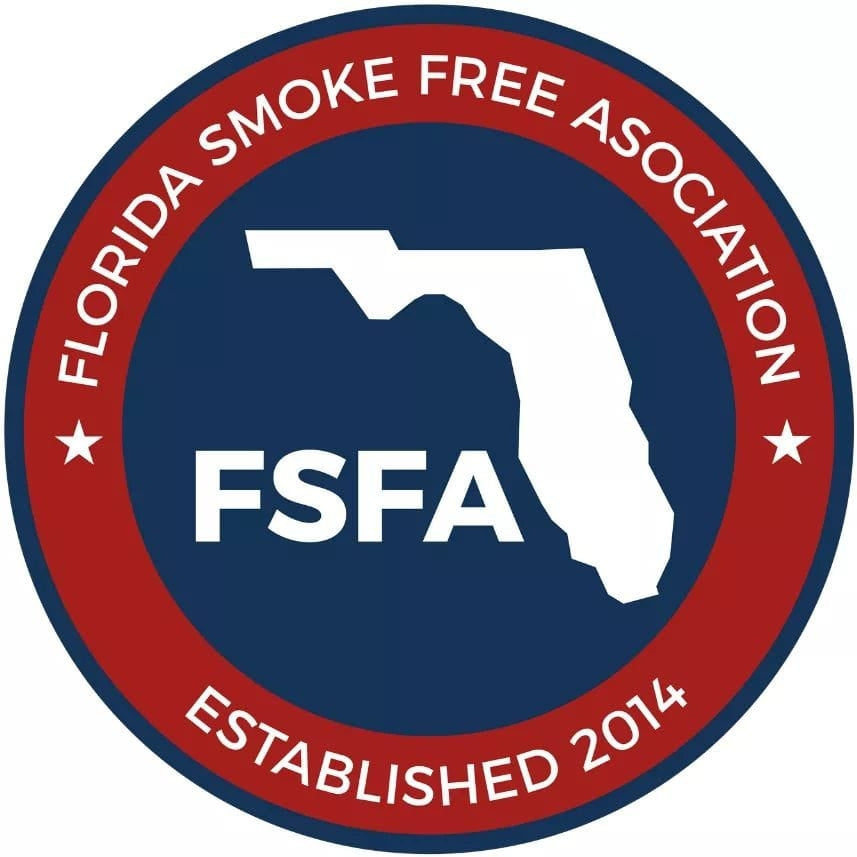Cue in the all-too-familiar political action taken to protect the public health; only this time, the regulation actually makes sense. This morning, the Utah Department of Health (UDOH) announced it has implemented a new, emergency administrative rule aimed at reducing the number of vaping-related lung injury cases. The rule requires all tobacco retailers that sell e-cigarette products to post notices regarding the dangers of vaping unregulated THC products, and also restricts the sale of flavored e-cigarette products to retail tobacco specialty businesses, otherwise known as vape shops.
Vape shops, by design, are age-restricted retailers that primarily sell e-cigarettes, particularly, flavored e-liquids. On the other hand, retailers that sell tobacco products, but NOT principally e-cigarettes are called general tobacco retailers. Under this new provision, general tobacco retailers will no longer be allowed to sell flavored e-cigarette products, but may continue to sell non-flavored e-cigarette products.
utah goes against the grain
Unlike the the fate of states such as Michigan, Massachusetts, and New York, Utah's announcement to regulate e-cigarettes goes against the grain. Rather than flat-out restricting the sale of vapor products, the state moves to restrict it in the most inviting way possible. Of all the states, what makes Utah different in this sense?
The answer lies with the number of reported illnesses due to the illicit and black market THC cartridges. 71 cases of vaping-related lung injuries were reported, state-wide and another 10 potential cases are under review. Of the nearly 81 cases, 45 were hospitalized, and 26 of them nearly died.
According to Dr. Joseph Miner, executive director of the UDOH, "[there is] mounting evidence [that] points to the vaping of unregulated THC products as a possible reason for this outbreak..." The announcement comes just days after the CDC recognizes this fact, further cementing precedent for sensible regulation.
is this sensible regulation?
We definitely can stand behind this type of sensible regulation. In states across the country, adult smokers that use electronic cigarettes have advocated for sensible regulation. They have advocated for a restriction of accessibility of e-cigarettes, which is a move that not only curbs the spread of teen vaping, but also protects an established industry with hundreds of thousands of people employed.
In addition to that, Utah has existing e-cigarette regulations that were enacted a few years ago aimed at educating the population that these products are designed specifically for existing, adult smokers of legal age. Under the state regulations, e-cigarette products must comply with state labeling, packaging, and nicotine content restrictions. A minimum age of 19 is required to purchase products with T-21 laws to go into effect by July 1, 2021.

Lastly, Utah has an existing tax code for tobacco products; and back in March of 2019, the Utah House Senate roped in e-cigarettes into the same tax bracket as the other tobacco products. Now, on a monthly basis, e-cigarette manufacturers, including BLVK Unicorn, are subject to a 7% tax on the sale and use of all nicotine-containing vapor products.
In a non-perfect world, if the state flat-out restricted the sale of e-cigarettes, particularly that of flavored e-liquids, the revenue generated off this 7% tax rate would be detrimental to the annual budget. Therefore, the sensible policy would be to restrict the accessibility of these products to the businesses that principally sell them and in turn, shut down the ability for the other businesses that do not.











Leave a comment
This site is protected by hCaptcha and the hCaptcha Privacy Policy and Terms of Service apply.